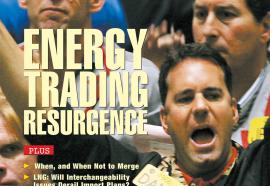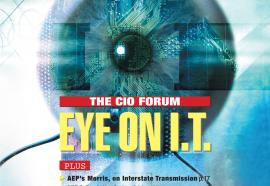A Candy-Coated Grid
Incentives for transmission investment could boost postage-stamp pricing over license-plate rates.
FERC proposed a new set of regulations, under the new section 219 of the Federal Power Act, explaining in broad outline how it might approve generous financial incentives for new investments in transmission—incentives once dubbed as “candy.” As of mid-January, the new NOPR had spawned more industry comment than just about any other FERC proposal in recent memory.







